Expert Visa Guidance
Expert visa consultants with experience and reliability for international travel.
Welcome To Freedom Worldwide Immigration Consultants




FWIIC is the most trusted immigration consultant in Ludhiana, which delivers top-class services for people looking for study visas, visitor visas, and so on. Our group of professional study visa consultants assists students who want to go abroad for studies. Our company also has a group of visitor visa consultants, assisting clients in getting visitor visas to travel abroad.
Expert visa consultants with experience and reliability for international travel.
There are trusted visa consultants with expertise for international travel requirements.
Our guidance is personalized and designed according to your requirements to get you through all the nitty-gritty of the immigration process seamlessly.
We have the best team on board for you, a team comprising experienced consultants that will guide you through giving you the best advice and strategies towards your immigration.
We cater to a wide scope of services, from study and visitor visas, in ensuring all your immigration needs come in one place.
The numerous success stories showcase the commitment and effectiveness put in by us, through how we have helped the clients achieve their dreams and goals seamlessly.
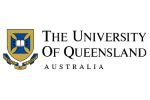
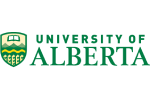
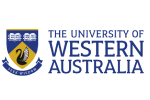
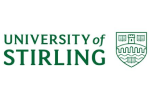
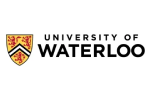
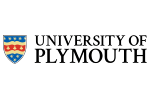
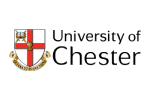
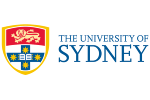
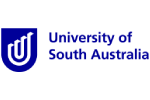

Book a session with us to discuss your case in detail.
We evaluate your credentials and assist you in enrolling in proper courses.
All documents set and applications will be lodged by our team.
All you have to do is sit back and let us keep tabs on your application and inform you when it is approved!
In the city of Ludhiana, FWIIC is the foremost immigration consultant who is known for providing excellent services regarding study visas, visitor visas, permanent residence, and a lot more. Obtaining the visa status legally is made very easy for all the clients by our skilled staff members.